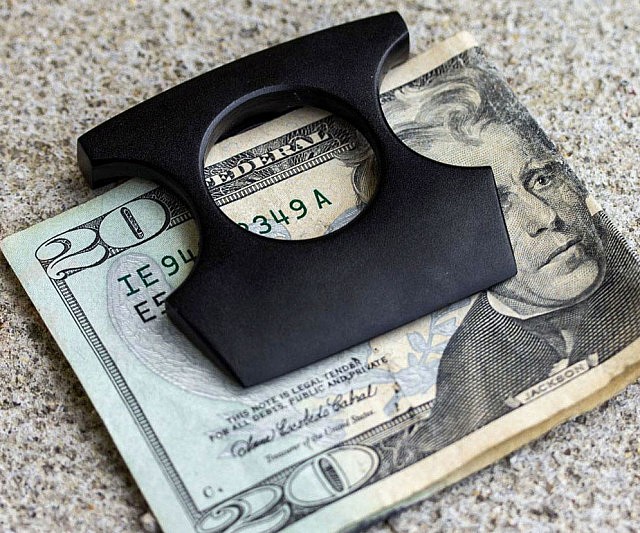Feature: Forex crackdown: A case of chasing after wind
THE Financial Intelligence Unit (FIU) director-general Oliver Chiperesa has revealed that 206 companies have been slapped with administrative sanctions for manipulating the foreign currency exchange rate.
Chiperesa made the revelation in an article published last Sunday in the state-run weekly newspaper, The Sunday Mail.
The administrative sanctions come as a result of companies preferring to use the parallel foreign currency rate of US$1:$250 over the central banks auction rate of US$1:$127,48.
This is because for most companies the forex auction rate is failing to be a proper price discovery merchanism for the local currency due to controls put in place by the Reserve Bank of Zimbabwe (RBZ).
Hence, a lot of companies are leaning towards the parallel forex rate to preserve the value of their goods and services as they feel it reflects the true value of the Zimbabwe dollar since the RBZ does not control it.
“Obviously, when we look at compliance with the law as business.
“We encourage our members to operate within the confines of the law.
“But coming to the specific question of the pricing of products obviously as we know some of our members get monies, meaning US dollars, from the auction and they should price at the official exchange rate”.
In an interview, Confederation of Zimbabwe Industries (CZI) president Kurai Matsheza said: “But, there are some of our members who actually have to go to the parallel market to source their funds. So, we do understand that there is some blending (between the official and parallel exchange rates) that needs to happen because when they do get that money the cost is higher than at the auction.”
Statutory Instrument 127 of 2021 gave the central bank powers to fine individuals or firms who manipulate the foreign currency rates through fines, civil penalties and even jail time.
However, some companies are using section 3, subsection 1, to justify the use of the parallel market exchange rate.
This part it reads: “A natural or legal person shall be guilty of a civil infringement if he or she without exchange control authority, uses the foreign currency obtained directly or indirectly from a foreign exchange auction or an authorised dealer for a purpose other than that specified in the application to partake in the auction or in the application for foreign currency.”
What this means is that only those who access the foreign currency from the RBZ auction are eligible to be fined or sanctioned if found to be using parallel forex rates instead of the official one.
Thus, a majority of companies continue to abuse the exchange rate as most businesses, which are not exporters, do not source their foreign currency from the forex auction.
Further, research by the United States Agency for International Development’s food security arm showed the US dollar had now become the preferred currency of trade, and that most commodities and services are priced in US dollars.
This allows firms to avoid pegging their prices against the parallel exchange rate since the US dollar is an acceptable legal tender.
“Official and parallel market foreign currency exchange rates jumped 10% in February compared to January,” part of its February to September Food Security Outlook for 2022 read.
“By early February, the US dollar traded up to $240 on the parallel market, more than double the official exchange rate.
“Parallel market exchange rates are the main drivers of Zimdollar price increases in both formal and informal sectors.”
Economist Prosper Chitambara said arresting businesses, although justified, was not the right move in dealing the official and parallel foreign currency exchange rates disparities.
“I think the idea of arresting businesses is not the right move, given the fact that most businesses are sourcing some of their forex requirements and in some cases a greater part of it from the black market,” he said.
“So, I think that this will weaken business confidence and that could actually have negative outcomes which will not be beneficial for the economy.”
Without easy access to the foreign currency auction and delays in allotment of the greenback to winning bidders, the parallel forex market will remain a dependable source for US dollars.
Zimbabwe National Chamber of Commerce chief executive Chris Mugaga said considering the number of people using the parallel forex rate, it would be impossible to arrest or fine everyone.
“There needs to be a market exchange rate which is reflective of the market forces.
As long the market exchange rates (official and parallel) get closer and more price discovery is enhanced then obviously the black market will die a natural death,” he said.
The reintroduction of the local currency in June 2019 without significant market confidence, foreign currency or commodity backing accelerated the gap between the official and parallel forex rates.
In that regard, today, businesses often prefer the parallel forex rate as it guarantees access to foreign currency, offers a premium and preserves the value of their goods or services-newsday










